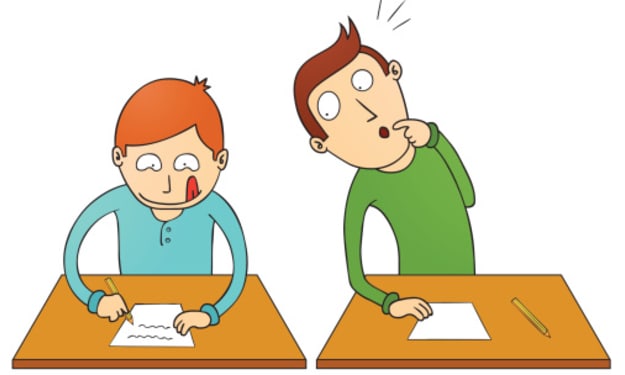
It is not a pretty sight to see an inventor invest an enormous amount of time, money, and energy to come up with a new product, only to be get turned down by the patent office and denied exclusive rights over his invention. Rejection is mostly due to the inventor’s negligence to determine the patentability of his/her invention. Patents registration is not a cheap affair. So, when an inventor invents a product, the primary thing he needs to do is to assess the patentability of his invention. To prevent extreme financial losses and the disappointment of rejection, here are a set of questions you need to ask yourself about your invention to determine whether your invention is actually patentability:
1. Is my Invention ACTUALLY Innovative?
Is your invention original? Because many inventors conduct a patent search, they often miss out on some crucial databases and insights. They go on to proceed with the process of Patent Registration with the misguidance that their product is entirely original and eventually will face rejection. A proper search will help you identify the state at which the innovation will fair in the given field. If you come across a similar invention, dig deeper into the details to identify the vital difference between what it is describing and what your invention is describing. There is an absolute necessity that your invention must differ from all the existing patented inventions.
2. Is my Invention Evident to the professionals in the Field?
If yes is the answer to this question, then your invention is not likely patentable. Non-obviousness is a critical requirement to patent a particular invention. For example, a person has invented a basic Milk-sweet. You think it could be made in many more flavors and so you have invented a mango flavored milk sweet. Now, this would be pretty obvious to those who are skilled in the culinary arts and they could have easily guessed this. This is a very basic example but shows that your invention needs to be out of the box, which would surprise even experts in the field. Many inventors would tell you that it was obvious for them to create that invention. This is an indication for non-obviousness as it is the knowledge of the person who is skilled in the field, and not the inventor, that determines the non-obviousness of the invention.
3. Is my invention Commercially sellable?
There are loads of patented products that have not added any sort of commercial value. A portable nuclear fallout shelter would only be important in the event of a nuclear attack. As a result, this type of product has a very low commercial value. Knowing the marketability of your invention is an important factor in determining whether you should go through the patent process. It is not advisable to invest time and money to patent a product with very little market value. Take a close look at your invention with a commercial eye and ask a trusted expert to provide their opinion as well. If your invention is looking to have commercial value, then it may be worth the time and money required to patent it.
4. Is my Invention Solving Any Problems?
If your invention is not serving any unique purpose, then it is not really useful. Functionality is also an important aspect to be taken into consideration to determine the patentability of your invention. If it does not work, it simply does not meet the first and basic requirements for patentability. Necessity is the mother of inventions and the best inventions are the ones that provide actual solutions to the problems of the customers or upgrade to the existing inventions.
For more info contact us: unimarkslegal.com






Comments
There are no comments for this story
Be the first to respond and start the conversation.